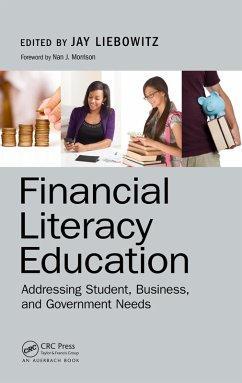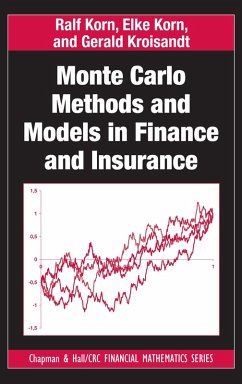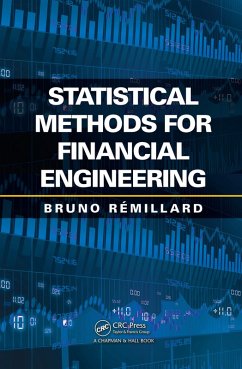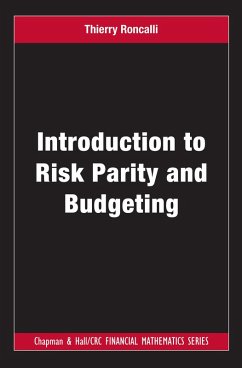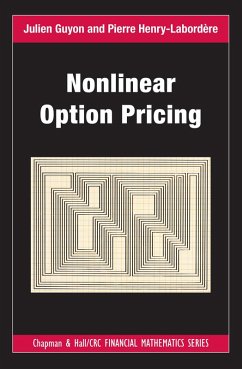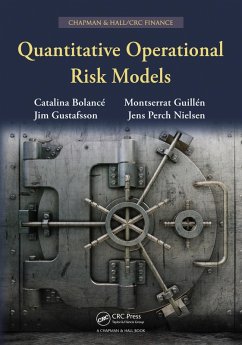
Online Portfolio Selection (eBook, PDF)
Principles and Algorithms
Versandkostenfrei!
Sofort per Download lieferbar
51,95 €
inkl. MwSt.
Weitere Ausgaben:

PAYBACK Punkte
26 °P sammeln!
With the aim to sequentially determine optimal allocations across a set of assets, Online Portfolio Selection (OLPS) has significantly reshaped the financial investment landscape. Online Portfolio Selection: Principles and Algorithms supplies a comprehensive survey of existing OLPS principles and presents a collection of innovative strategies that leverage machine learning techniques for financial investment.The book presents four new algorithms based on machine learning techniques that were designed by the authors, as well as a new back-test system they developed for evaluating trading strate...
With the aim to sequentially determine optimal allocations across a set of assets, Online Portfolio Selection (OLPS) has significantly reshaped the financial investment landscape. Online Portfolio Selection: Principles and Algorithms supplies a comprehensive survey of existing OLPS principles and presents a collection of innovative strategies that leverage machine learning techniques for financial investment.
The book presents four new algorithms based on machine learning techniques that were designed by the authors, as well as a new back-test system they developed for evaluating trading strategy effectiveness. The book uses simulations with real market data to illustrate the trading strategies in action and to provide readers with the confidence to deploy the strategies themselves. The book is presented in five sections that:
Complete with a back-test system that uses historical data to evaluate the performance of trading strategies, as well as MATLAB® code for the back-test systems, this book is an ideal resource for graduate students in finance, computer science, and statistics. It is also suitable for researchers and engineers interested in computational investment.
Readers are encouraged to visit the authors' website for updates: http://olps.stevenhoi.org.
The book presents four new algorithms based on machine learning techniques that were designed by the authors, as well as a new back-test system they developed for evaluating trading strategy effectiveness. The book uses simulations with real market data to illustrate the trading strategies in action and to provide readers with the confidence to deploy the strategies themselves. The book is presented in five sections that:
- Introduce OLPS and formulate OLPS as a sequential decision task
- Present key OLPS principles, including benchmarks, follow the winner, follow the loser, pattern matching, and meta-learning
- Detail four innovative OLPS algorithms based on cutting-edge machine learning techniques
- Provide a toolbox for evaluating the OLPS algorithms and present empirical studies comparing the proposed algorithms with the state of the art
- Investigate possible future directions
Complete with a back-test system that uses historical data to evaluate the performance of trading strategies, as well as MATLAB® code for the back-test systems, this book is an ideal resource for graduate students in finance, computer science, and statistics. It is also suitable for researchers and engineers interested in computational investment.
Readers are encouraged to visit the authors' website for updates: http://olps.stevenhoi.org.
Dieser Download kann aus rechtlichen Gründen nur mit Rechnungsadresse in A, B, BG, CY, CZ, D, DK, EW, E, FIN, F, GR, HR, H, IRL, I, LT, L, LR, M, NL, PL, P, R, S, SLO, SK ausgeliefert werden.







